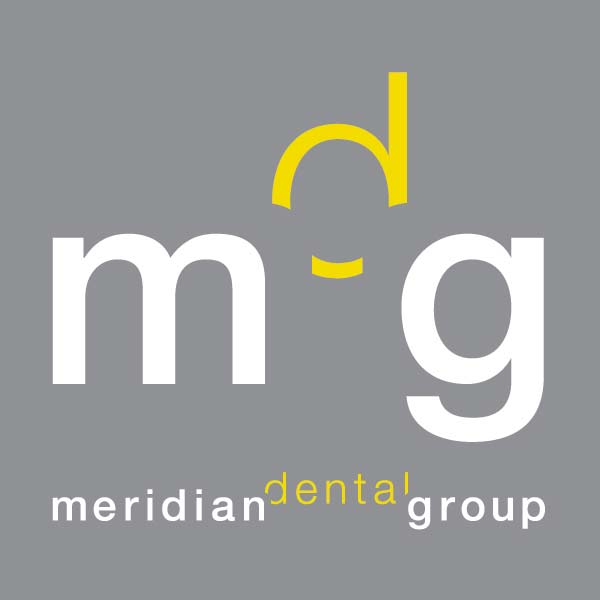Gum disease, or periodontal disease, occurs in an estimated 80% of all adults. It starts with plaque, a sticky mix of bacteria and food debris that coats the teeth and gums. If not promptly removed, plaque hardens into tartar, causing gum irritation and raising the risk for infection. As bacteria spreads through the gum tissue, it causes gum disease.
The earliest, mildest, and most easily reversible form of gum disease is gingivitis. As bacteria invade beneath the gum line, gingivitis turns into more serious periodontitis. Left untreated, the disease can attack the soft tissues and bone structure, eventually causing tooth loss and impacting overall physical health. Fortunately, there are recognizable signs of gum disease. If you notice any of these symptoms, let your dentist know right away.
1. Red, Swollen, Tender, or Receding Gums
Healthy gums are firm and even across the teeth, and they are coral or pink in color. If your gums look red or swollen, it is highly likely that you have gingivitis. They may also feel tender, especially during brushing or flossing. As gum disease progresses, the gums tend to recede, making the teeth appear longer.
2. Bleeding or Pus-Filled Gums
If your gums bleed during brushing and flossing, or when eating crunchy foods, you might have gingivitis. It is also common for small pockets of pus to form between the teeth and gums. Check for hard or squishy swollen spots that may feel tender or sore. As gum disease progresses, these pockets can turn into painful abscesses.
3. Persistent Bad Breath
There are many possible causes for bad breath, but gum disease is one of the most common. You might also have an odd taste in your mouth that is not relieved by breath mints or mouthwash. Even if you are sure you don’t have gum disease, see your dentist. Most causes of bad breath are easy to treat.
4. Loose or Shifting Teeth
The gums continue to recede as gum disease worsens. Eventually, the gums will detach from the teeth, leaving pockets filled with bacteria. These bacteria start to destroy the support structures of the teeth, leaving them loose and shifting. You might notice this as a change in your bite, or the way your teeth come together. This is a later-stage symptom that indicates tooth loss is likely to occur. See your dentist immediately.
Gum disease can destroy your teeth and raise your risk for systemic infections and even heart disease. Yet even late-stage periodontitis can be halted with proper care. No matter what symptoms you have, call your dentist. It is never too late for a healthier, more attractive you.
Ready to Get Started?
If you’re ready to get started with a highly experienced dental team in NYC, contact Meridian Dental Group today at 212-813-0850 to schedule your first appointment.

